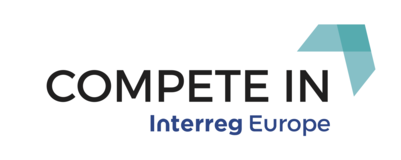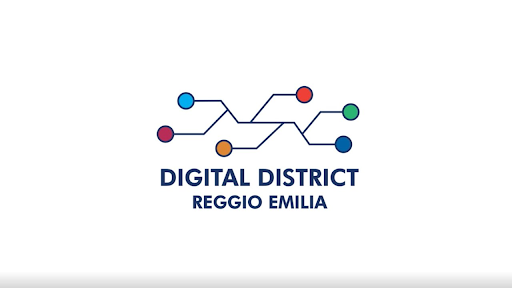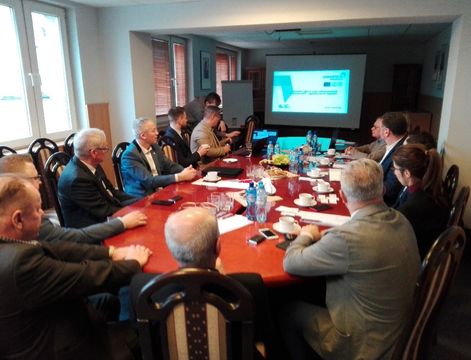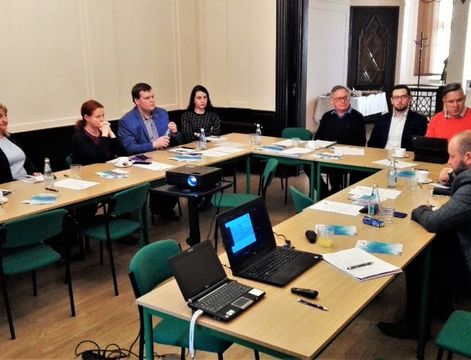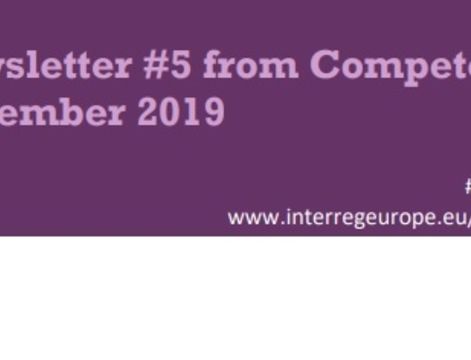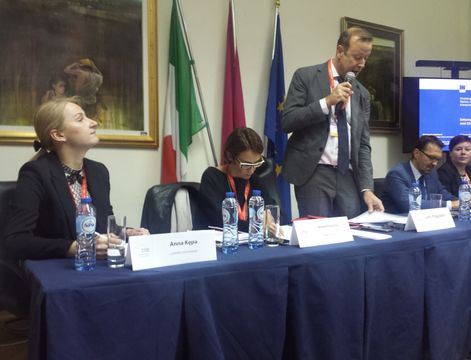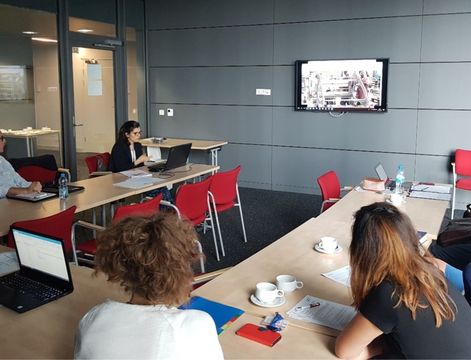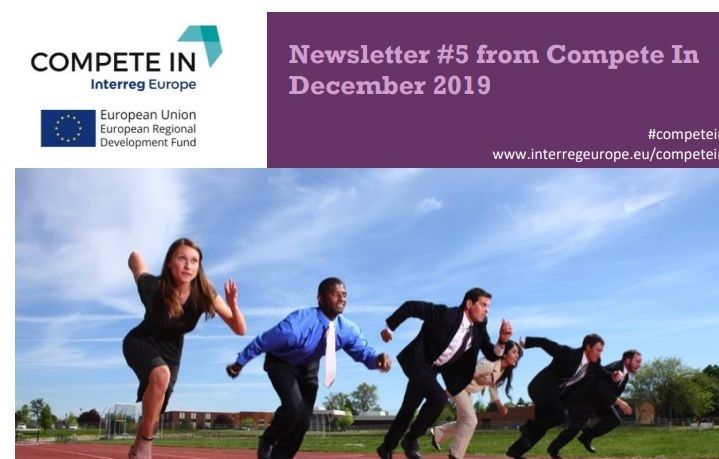The Municipality of Reggio Emilia, as Lead partner of Compete In, has been invited to present the project within the Seminar “Internationalisation policies for a future oriented regional manufacturing sector” taking place in Shannon, Ireland, on the 12th -13th of June 2017. This seminar is part of the Pilot Project “The Future of Manufacturing in Europe”, an EU-financed project which has been delegated to Eurofound. The European Foundation for the Improvement of Living and Working Conditions (Eurofound) is a tripartite European Union Agency, whose role is to provide knowledge to assist in the development of better social, employment and work-related policies. Eurofound's role is to provide information, advice and expertise – on living and working conditions, industrial relations and managing change in Europe – for key actors in the field of EU social policy on the basis of comparative information, research and analysis.
This seminar aims to analyse how internationalisation policies are designed and implemented at regional level. Seminar participants are to discuss their experiences in terms of coordination of internationalisation policies among the different administrative levels, to explore lessons learned about efficient and effective support offers and company practices in a global business environment. A pivotal issue is how administrations in various European regions cooperate across national borders and along supply chains. Decision makers, influencers of regional policy and representatives from companies are invited to share their experiences and assessments.
Saverio Serri, Project leader, has been appointed to talk in Session 2 Cross-border institutional cooperation in regional internationalisation policy. The Session focuses on the assumption that internationalisation is not limited to companies’ activities, but can also have an institutional dimension. This session has the aim to “illustrate examples of regional governments, social partners or other actors involved in regional policy cooperation with peers of other regions to jointly foster internationalisation of their region – how do they cooperate, how do they come to joint decisions, how to design and implement joint programs, what are the outcomes for the beneficiaries and the regions”.
